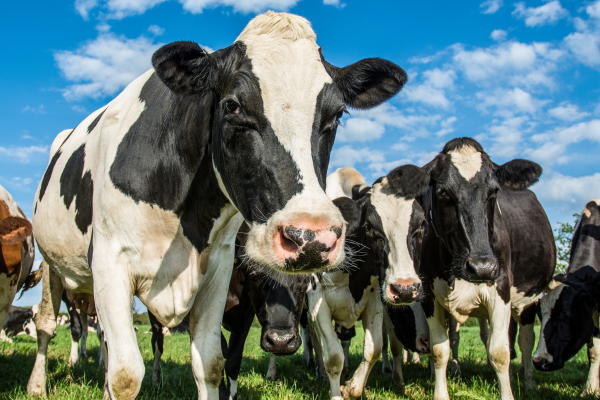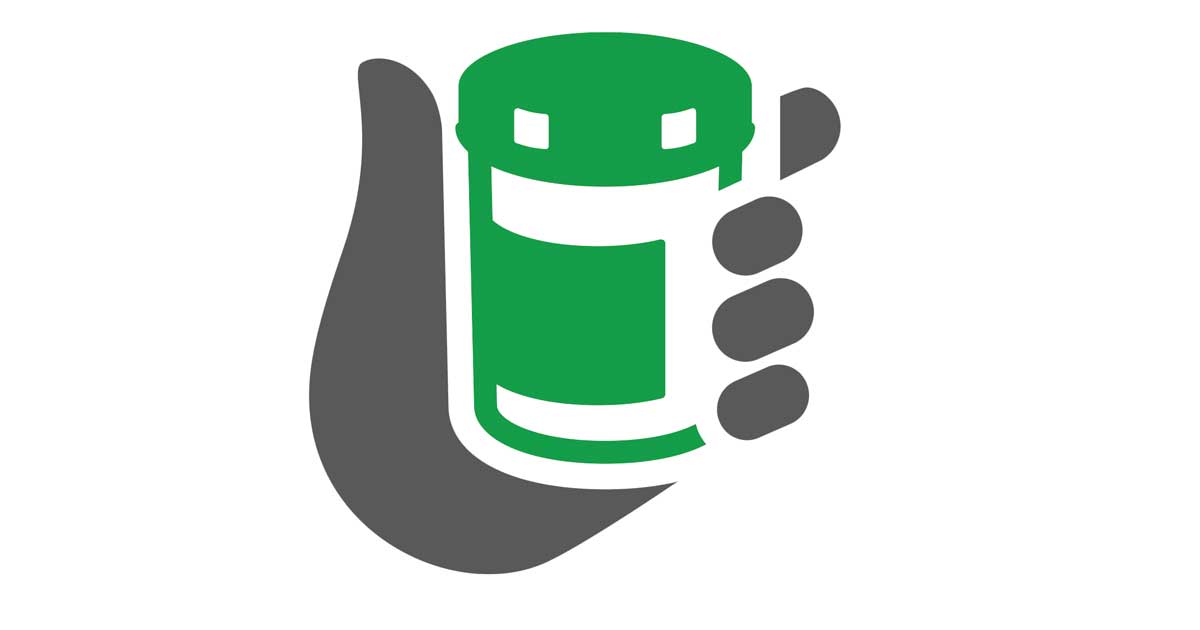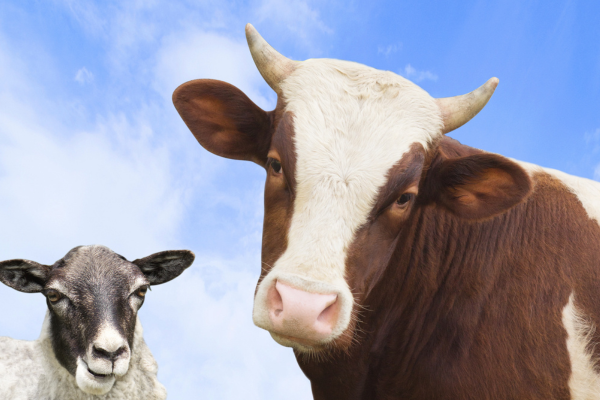
Bluetongue tests and vaccines are to be made available to more vets and farmers in England amid the growing impact of an ongoing outbreak.
Two more counties have been designated as high-risk areas for the BTV-3 virus strain, following confirmation of local transmission in the area.
Meanwhile, the makers of one vaccine permitted for use against the virus said they expected supplies to be available imminently, with another likely to follow next month.
As of 19 September, 82 premises, mostly in eastern and southern England, were known to have been affected by the current outbreak since the first cases were confirmed in late August.
Restricted zone
A second restricted zone, covering East Riding of Yorkshire and much of Lincolnshire, has also been declared in response to new cases and evidence of local transmission.
The counties have also joined five others – Norfolk, Suffolk, Essex, Kent and East Sussex – in being classed as high-risk areas for the virus. That means farmers in the newly designated counties will be able to access free testing, regardless of whether their premises are in the restricted zone, while vaccines will be available for use under a general licence for high-risk areas instead of requiring special dispensation from the APHA.
UK CVO Christine Middlemiss said: “As the number of bluetongue cases continues to rise in England and northern Europe, we are taking prompt action to mitigate the spread of the disease.”
But there have also been renewed pleas for vigilance elsewhere too, following confirmed cases in Devon and Somerset that are linked either to imports or the movement of animals prior to the imposition of restrictions.
Emergency use
Three vaccines against the BTV-3 strain were permitted for emergency use under licence by Defra earlier this month, although officials have consistently stressed that they will not prevent susceptible animals from becoming infected.
A UK intention survey, carried out by animal health and agriculture data company Kynetec, suggested fewer than one in four cattle and sheep farmers would use a bluetongue vaccine, although those figures rose to 30% and 32% respectively in regions where the virus has been detected.
But Oli Maxwell, clinical director of Green Counties Vets in Surrey, said “a huge increase” had been seen in client interest about the virus and vaccines for it, as he welcomed the green light for usage.
Critical tool
He said: “The availability of a safe and effective vaccine as a critical tool against a disease we can’t reasonably prevent with biosecurity measures will be a welcome development for many.”
Boehringer Ingelheim (BI), in collaboration with Bioveta, have made one of the permitted vaccines, Bultavo 3. They said supplies were due to arrive in Britain last Friday (20 September), and be available for use this week.
Findlay MacBean, BI’s UK and Ireland head of livestock, added: “The availability of Bultavo 3 means future BTV-3 outbreaks can be suppressed, helping farmers protect not only their herds, but also their livelihoods.”
Virbac announced it had been appointed distributor of Syvazul BTV3 within the UK.
The company also said the first doses of the vaccine had arrived in the country.
Meanwhile Ceva Animal Health said its Bluevac-3 vaccine was likely to be available from mid-October.
Craig Wright, the company’s ruminant business unit director, said: “We have worked tirelessly to bring Bluevac-3 to the UK to help fight bluetongue.”
Details of all three vaccines are available at our product news page.
Credit to: Bluetongue vaccines initiated following outbreak increases (Vet Times)
Vet Times. (2024). Bluetongue vaccines initiated following outbreak increases [online]
Available at: https://www.vettimes.co.uk/news/bluetongue-vaccines-initiated-following-outbreak-increases/






